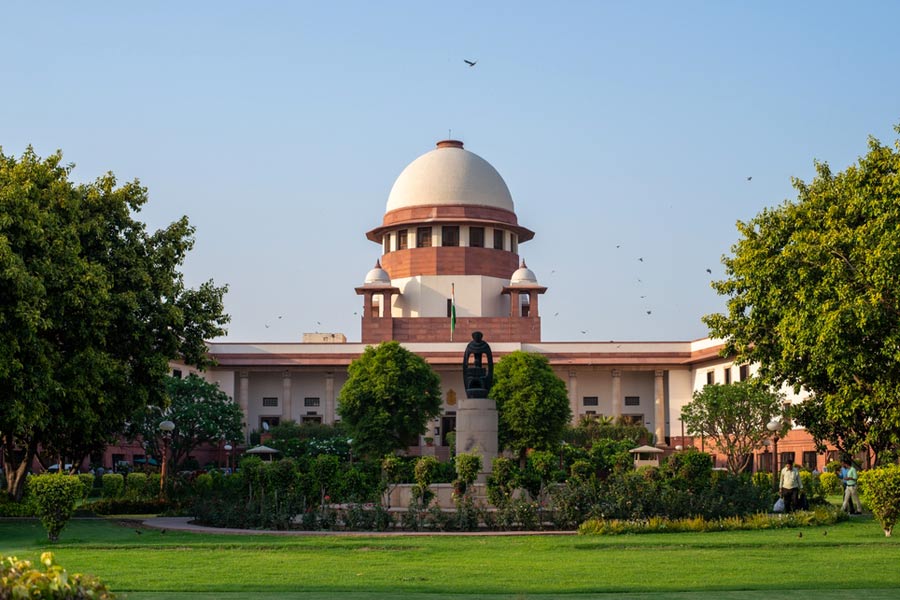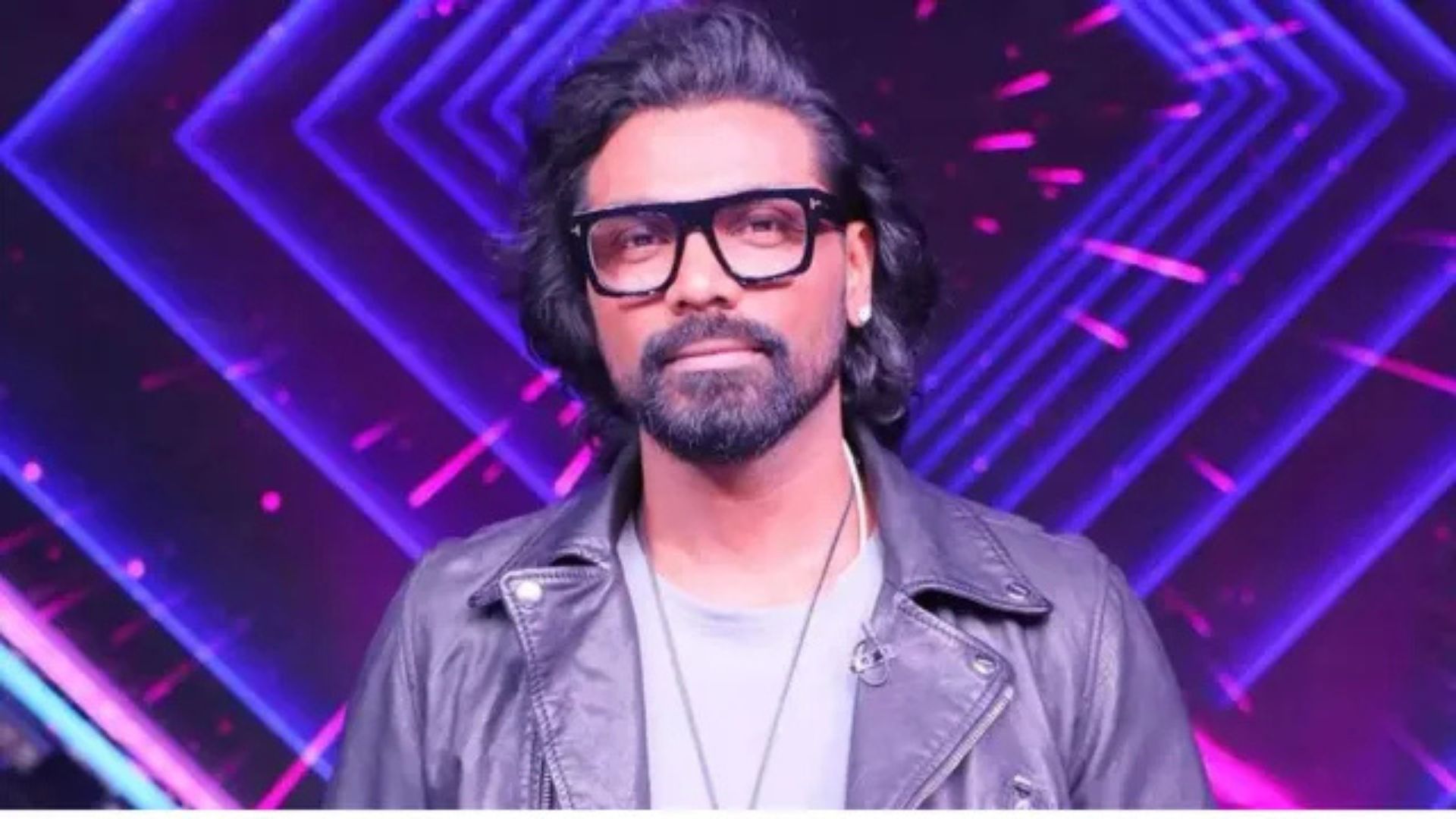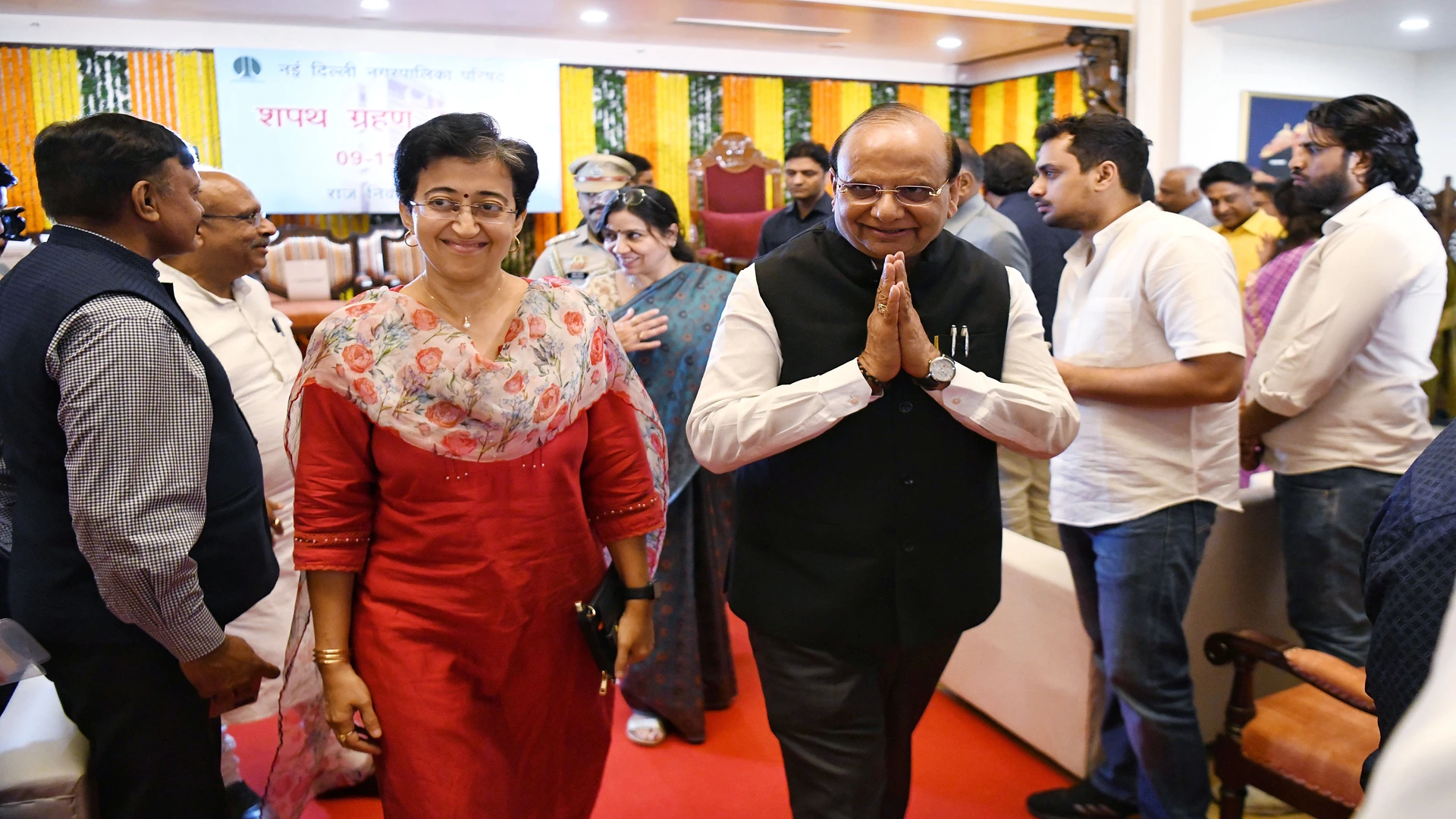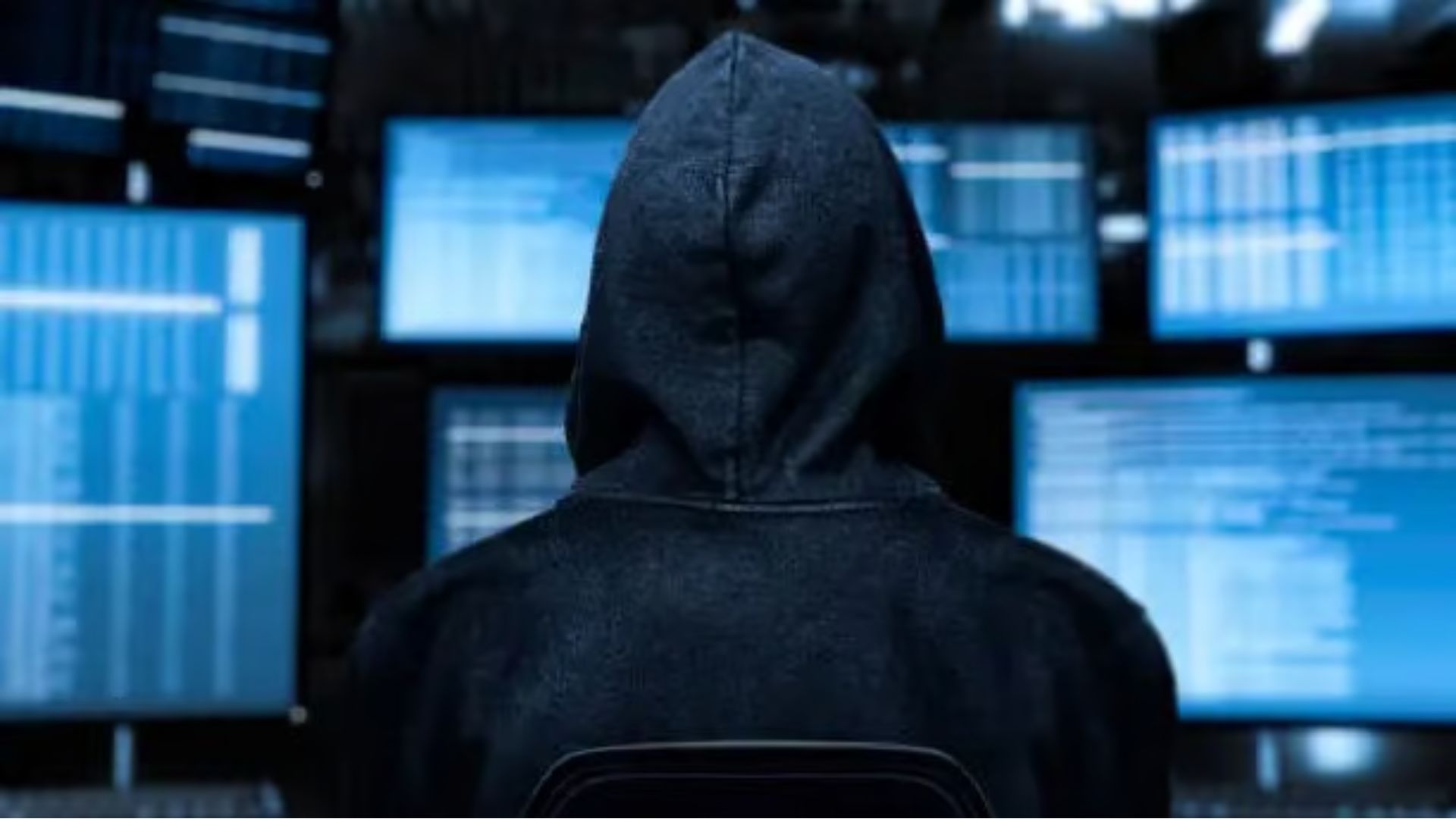
The Supreme Court on Thursday reserved its verdict on a series of petitions challenging the electoral bonds scheme’s validity for funding political parties.
A five-judge constitution bench, comprising Chief Justice D Y Chandrachud and Justices Sanjiv Khanna, B R Gavai, J B Pardiwala, and Manoj Misra, began hearing arguments on October 31 on the four petitions filed by Congress leader Jaya Thakur, the Communist Party of India (Marxist), and the NGO Association for Democratic Reforms (ADR).
The electoral bonds scheme, introduced by the government on January 2, 2018, was presented as an alternative to cash donations to political parties, aiming to enhance transparency in political funding.
According to the scheme’s provisions, electoral bonds can be purchased by any Indian citizen or entity incorporated or established in India, either individually or jointly with other individuals. Only political parties registered under Section 29A of the Representation of the People Act, 1951, and receiving at least 1 per cent of the votes in the last Lok Sabha or state legislative Assembly election are eligible to receive electoral bonds.
As per the notification, eligible political parties can only encash electoral bonds through an authorised bank account. In April 2019, the Apex Court declined to stay the electoral bonds scheme and expressed its intent to conduct a comprehensive hearing on the petitions due to “weighty issues” raised by the Centre and the Election Commission that significantly impact the integrity of the country’s electoral process.
During the hearing, Solicitor General Tushar Mehta referred to a 2018 report by the petitioner, to highlight the importance of regulating political donations and the electoral bonds scheme. The report analysed the funding sources of national and regional parties during the years 2004-05 and 2014-15.
The Solicitor General raised concerns regarding the potential consequences if the scheme were to be revoked. He emphasised that the figures in the ADR report were voluntarily disclosed by political parties and acknowledged that not everything might have been declared.
Mehta added that interfering with the scheme could set back the progress made in this area. Addressing the petitioner’s arguments, which claimed that the scheme primarily benefits the ruling parties, Mehta asserted that this trend has been consistent.















